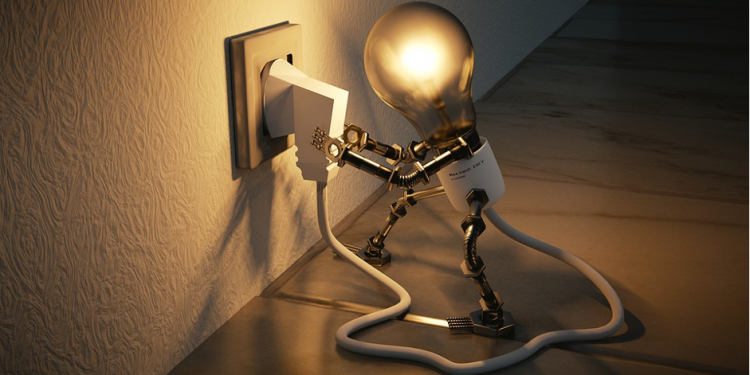The Internet of Things (IoT) has continued to revolutionize life as we know it. The communication between smart devices via the internet has allowed sending and receiving of data to be instant, greatly improving the use of products. There have been major steps made in the industry over the last couple of years which has made life easier for almost everyone. What many seem to overlook though is how the concept has helped revolutionize the energy industry.
Surprisingly, the Internet of Things is helping push the energy industry, as well as the solar, wind, storage, and other technologies related to the matter. It is transforming nearly every part of the industry. It’s not just the efficiency though.
The IoT affects the present state and the future of the energy industry in general. It’s time that you learn more about its wonders as well.
In this article
Energy Prices
Thanks to innovations and changes being made with the help of IoT, energy prices are seeing significant changes in various countries around the world. Top countries like Germany, Indonesia, and the US are pouring their investments towards the use of IoT in many sectors so It’s not just the energy industry though.
As for the energy industry, one of the leaders concerning IoT innovation and investments is Australia.
Australia is investing heavily into making smart cities, which will rely on the already strained energy grid as more and more people need the infrastructure to thrive. This may increase the costs of electricity as the resource becomes more valuable.
There are many things Australians can do to save money on electricity costs, such as setting conservative heating/cooling temperatures, turning off appliances at the wall, and even saving at the source by comparing and swapping plans (Australian website) and many other things. The IoT helps us become smarter energy consumers as well.
Better Power Distribution
Thanks to advancements in IoT, governments are now also more capable of “Uberizing” energy consumption. This is a new term and what does it mean? Simply put, it refers to better power distribution such as giving people energy, when they want it if they want it.
To Uberize the energy sector of a country takes a lot of work and investment. Governments need to re-envision their infrastructure to introduce or incorporate smart energy systems that would allow for better energy consumption and distribution.
This is a good plan towards better energy consumption as well. By Uberizing the energy sector, people are going to have more control over their energy consumption. Aside from being light on the budget in terms of the utility bills, this can also help empower people with how they consume their electronics and appliances.
There are smart systems that allow people to easily control their energy consumption at home. In fact, this is one of the best benefits of turning your home into a smart one. By having more control over their energy consumption, people now have a deeper understanding of how they can limit their usage as well.
Helping Cryptos Consume Less
Since being launched into mainstream popularity early during the 2010s, cryptocurrencies have revolutionized the financial world in many ways. The rise of Bitcoin, Ethereum, Ripple, and many other cryptos have paved the way for a decentralized ecosystem that’s accessible by many.
The problem though is that mining crypto and using them consume a lot of energy. However, over the last couple of years, the IoT has helped the blockchain function more efficiently. Crypto investors and people that do work on the blockchain now benefit from lower power consumption and gas fees when diving deep into the ecosystem.
Transition Towards Renewable Energy
The IoT helps our transition towards renewable energy in many ways. At the very core of it though, the internet has made the concept of renewable energy more accessible and understandable by the common man. Now, people can simply look online if they want to learn more about alternative sources of energy.
The IoT has created a safe space for the renewable energy sector and it’s hard to deny that it has helped these technologies grow more in popularity over the last couple of years. Other than that, the IoT also works well with renewable energy practices as it gives people more power to control them too.
Overall, the IoT is one of the key factors that has helped improve the energy industry globally. It’s exciting to see how it can continue to affect things as we know it. We live in a world where traditional energy sources are becoming more scarce. Thanks to IoT however, everyone can develop better practices with regards to energy consumption.
See Also:





